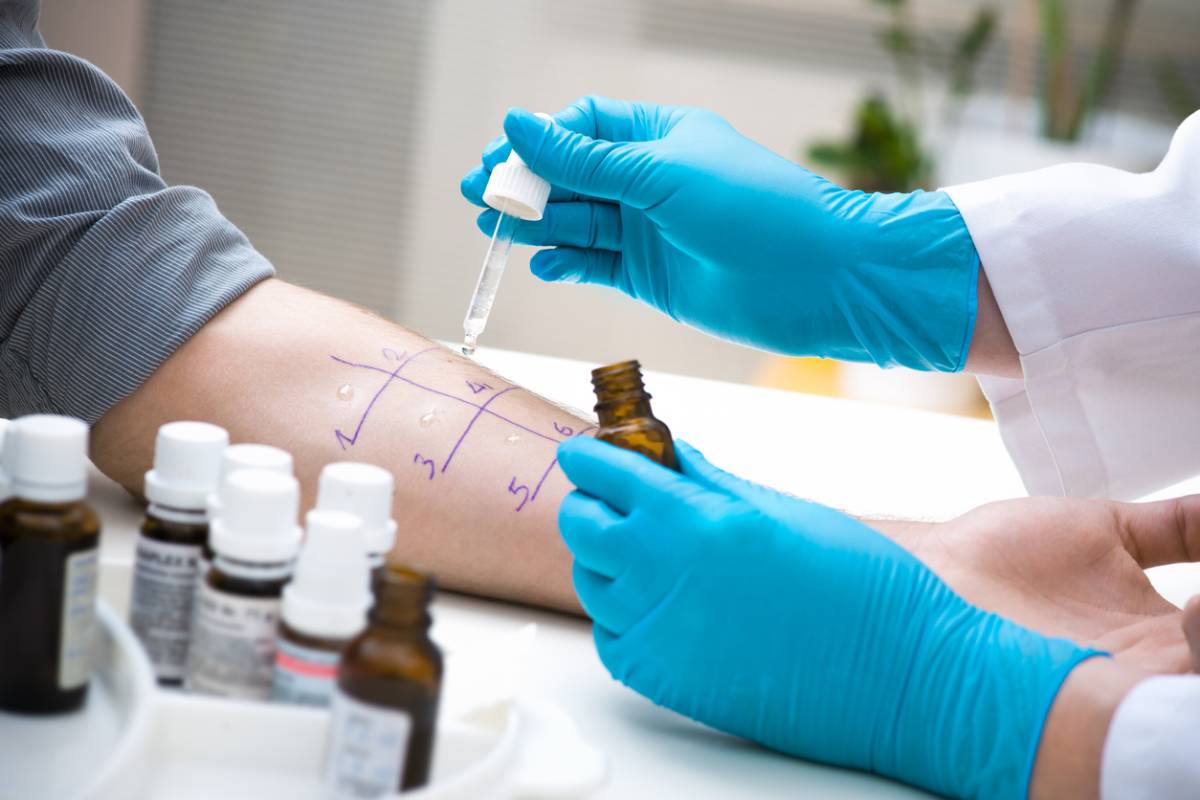Dr. Mayank Shukla, a certified asthma and allergy doctor in New York City, believes that allergy testing can begin at a young age to protect your child’s health as they grow. Whether or not your loved ones are starting to show common symptoms of allergies, it is a good idea to identify allergic reaction triggers and know when to test for certain types of allergies. Let’s see the best ages for allergy testing for children.
The Best Ages for Allergy Testing for Children
Today, we are going to talk about the best ages for allergy testing for children as well as the best methods of preparing your child for an allergy test. We want the process to be as pain-free and comfortable as possible while getting the most accurate results, so there is a lot to learn about.
What Age Do Children Get Allergic Reactions?
As young as three years of age, allergies can be developed in children. Mild symptoms can occur earlier. Children often feel uncomfortable when they have allergies. Children may be able to express their discomfort in many different ways. These symptoms may be a sign that your child is allergic:
- Redness around or around the eyes
- Your kids keep rubbing their eyes.
- Constant sniffling or sneezing
- Speak in a stuffy or congested manner
These symptoms can also indicate asthma or shortness of breath, which can lead to serious complications. It is crucial to quickly determine how to help your child so they can breathe again.
Preventing Allergies with an Allergy Test
Most children are fine until the age of three years. However, allergies can develop in younger children and babies. Certain foods can cause allergies. You should be aware of dust and pollen in your surroundings when taking care of a young child. Below, we have listed some of the best ways to prevent these symptoms from developing early.
What is an Allergy Test, Exactly?
A harmless procedure, an allergy test, is used to check the skin for allergic reactions to common allergens. The doctor will usually use a small scratch to the back of the patient using a toothpick-shaped instrument.
The child will feel very little pain from this procedure and it should be over within a few minutes. Each toothpick has a different allergen. An allergic reaction can occur in one of the areas scratched after about 20 minutes. An allergic reaction may manifest as a bump or spot, which will be quickly checked on by the doctor – but it will also go away soon!
How to Prepare for an Allergy Test
There are many things you can do to help your child prepare for their allergy test appointment. These are some things that you can do to keep your child calm and focused throughout the entire test:
- Talk with your child about the procedure. Talking to your child in person will help them understand the procedure better. You can assure them that it isn’t painful and that it is important to check for any allergies. If they agree to the procedure, you can even offer them a reward!
- Stop antihistamine medication. Stop giving antihistamines to your child, including any existing allergy medications, over-the-counter drugs, or cold medicine, at least three days before the allergy testing procedure. This is to avoid any potential complications with the allergy testing results.
- You can bring something to entertain your child. You can bring a book, toy, or videogame to keep your child entertained while you wait. If they have an allergic reaction, their back may become itchy. Bringing something to distract them can help them feel better until the test is complete.
To better track your child’s symptoms, you can keep a journal with them. Keep track of your child’s symptoms and when they occur. This will allow your doctor to diagnose allergies more accurately and suggest a long-term treatment plan.
Give Your Child the Care They Need ASAP!
An allergic reaction can be dangerous for children, no matter their age. If you have any questions about allergies, or if you want to learn more about how you can prevent your child from developing them, please contact Dr. Mayank Shukla. Any type of allergic reaction or symptom to an allergen should warrant immediate allergy testing by a specialist. Get in touch with our friendly team today to learn more!

